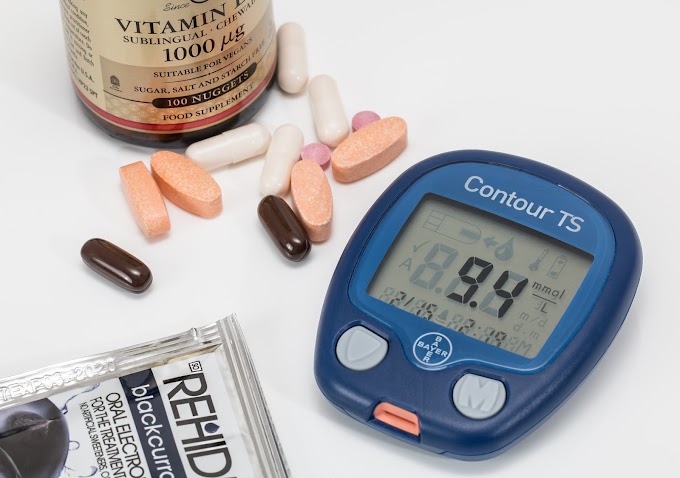Diabetes, 00 is more dangerous than sugar
As the number of deaths from the novel coronavirus infection (Corona 19) increases, awareness of chronic diseases is also increasing. In fact, the majority of Corona 19 deaths are reported to have underlying diseases such as high blood pressure and diabetes. There were an average of 3 diseases per person, of which about half had diabetes.
Diabetes is a condition in which the blood glucose component is excessively produced. In the case of blood pressure, there are many blood pressure monitors in public institutions and financial institutions, and there is a numerical standard of 140/90 or higher, but it is difficult to test for diabetes and the exact normal range is not known in many cases. The awareness of diabetes is also low. There are not a few common senses, such as'caused by eating a lot of sweets' and'diabetes is also inherited'. With the help of Professor Hong Jun-hwa of the Department of Endocrinology at Daejeon Eulji University Hospital, check the'misunderstandings and truths about diabetes'.
Diabetes is caused by eating a lot of sweets?
Many people mistakenly believe that eating a lot of sugar or sweet foods causes diabetes, but sweet foods are not the direct cause of diabetes. Glucose, or blood sugar, plays a role as the most important fuel among various nutrients that a person needs to sustain life activities. Glucose absorbed from food travels through the blood and is sent to vital organs such as muscles, fat, and brain that are necessary for life. At this time, the hormone that plays an important role is insulin. Diabetes occurs when this insulin action is reduced or insufficient. The key to managing diabetes is to make sure you get enough glucose and use it in moderation.
Is diabetes inherited?
Just because a parent has diabetes does not necessarily mean that children also develop diabetes. If one of the parents is diabetic, the child has a 15% chance of developing diabetes, and if both parents are diabetic, the probability is about 30%. In other words, it has a genetic tendency, but it is not a genetic disease that descends from generation to generation like skin color. However, if you have diabetes in your family, you need to pay more attention to health care.
Skinny people don't get diabetes?
It is true that obesity is an important cause of diabetes. However, in Asian countries that have achieved rapid economic growth, the prevalence of diabetes is rapidly increasing due to westernized dietary habits and an excess of nutrients regardless of obesity. This is because Koreans have fewer insulin secretion functions than Westerners, so they cannot overcome the excess of nutrients, and diabetes develops more quickly.
Diabetes patients should eat only multigrain rice?
This is one of the most common misunderstandings. In fact, there is no difference in calories and actions after being digested in the stomach or in rice or barley. However, mixed meals are recommended over white rice because they reduce overeating and contain a little more fiber and a little vitamin. If you don't like barley rice in particular, it's better to cook rice and eat it in an appropriate amount, rather than reluctantly to eat it.
Is sugar absolutely forbidden?
Some people say that diabetics should never eat sugar or sugar, but this is also not true. Sugar and sugar increase blood sugar levels, but that doesn't mean you shouldn't eat it. You can safely consume sugar by controlling the amount of sugar in your diet that day. Rather, the foods that should be absolutely restricted to diabetic patients are ribs, pork belly, and sausages with a lot of fat. This is because they have high calories compared to small amounts.
No need to go to the hospital if there are no symptoms?
It's easy to think that if you measure blood sugar with a self-glucometer at home, you don't need to go to the hospital to test your blood sugar, but the blood glucose measured with a self-glucometer can be measured lower than it actually is. You should take a blood sugar test at a hospital and compare it regularly to see if your self-glucose measurement results are accurate, and you should also measure glycated hemoglobin to see if your blood sugar control is working well.
There are people who refuse to take the drug once, because they can't stop taking the drug, and fear that the drug may cause side effects from reading. Can't I really stop once I take my medicine? Not like that. With proper treatment, you can maintain normal blood sugar even if you stop medication. Keep in mind that if the drug side effect is 1, the benefit of controlling blood sugar is 10. Exercise helps control blood sugar, lowers the risk of complications, and helps with weight management. However, there are risk factors such as hypoglycemia if a diabetic patient does unreasonable exercise.





0 Comments